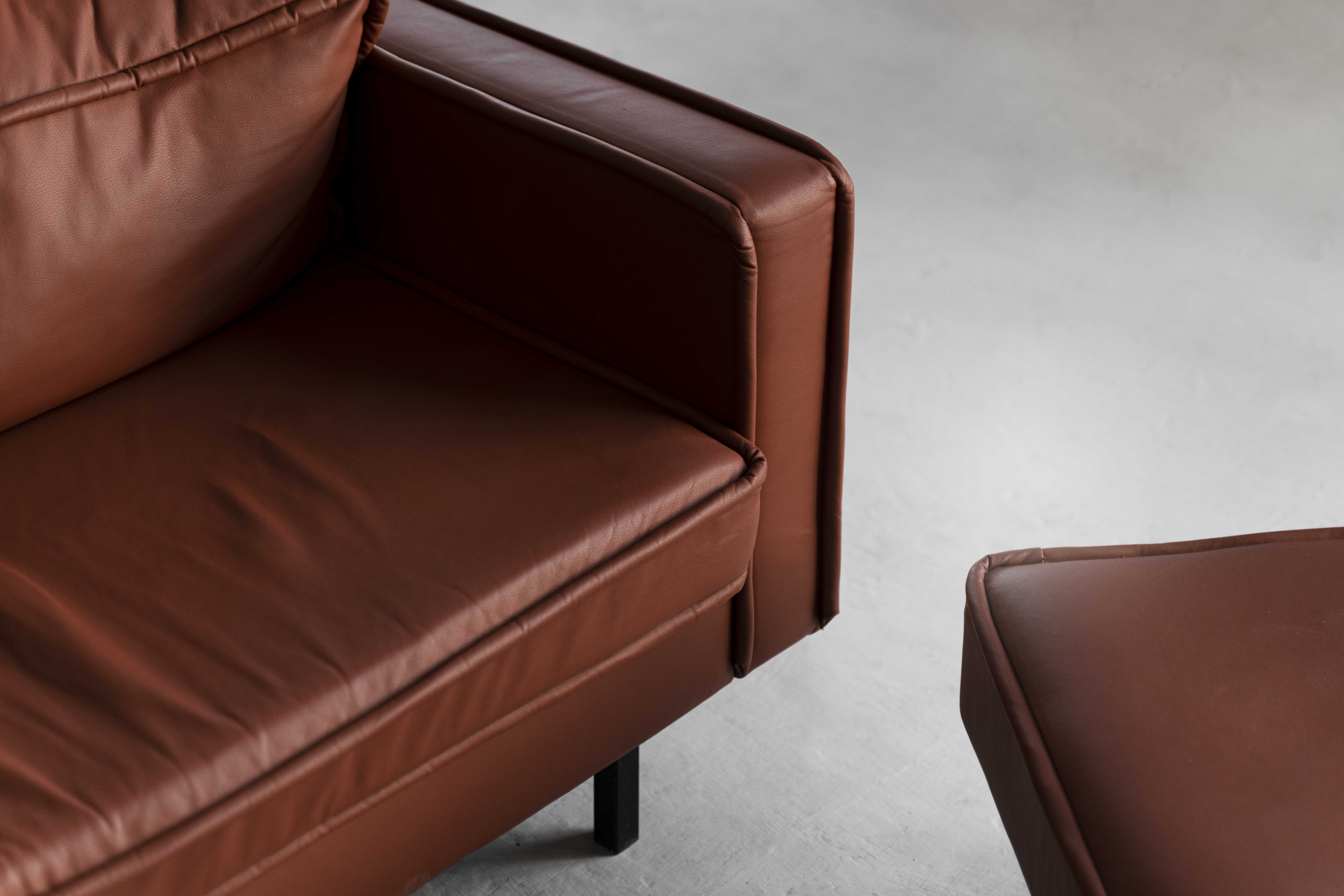

Sure, here is an HTML-formatted article for the title "Sculpting Spaces: Envisioned Comfort": ```html
Creating a space that encapsulates both aesthetics and comfort is an art. It requires a thoughtful blending of elements, an understanding of human ergonomics, and a touch of creativity. Envisioned comfort is about more than just physical ease—it's about fashioning environments that resonate emotionally, intellectually, and sensorially with those who inhabit them.
The quest for comfort in our living and working environments goes beyond the superficial selection of cozy furniture or plush textiles, extending into the realms of design and architecture. It's a delicate balance between form and function, where the beauty of a space doesn't overshadow its livability. Envisioned comfort seeks to create rooms that inspire without sacrificing the ease and pleasure of daily routines.
In sculpting spaces for comfort, personalization plays a pivotal role. Spaces that echo the personalities and preferences of their users foster a sense of belonging and wellbeing. Tailoring a space to fit individual needs can mean flexible furniture arrangements, adaptable lighting solutions, and the integration of personal memorabilia, all of which contribute to a more intimate and comforting atmosphere.
Advancements in materials science have opened up new possibilities for comfort in interior design. Innovators in the field are continuously exploring materials that can improve acoustics, regulate temperature, or enhance the tactile experience of a space. Selecting the right materials is a fundamental step toward sculpting a space that truly embodies the idea of envisioned comfort.
Smart technology integrates seamlessly into modern comfort-driven designs, offering users the power to control their environment with the touch of a button. From automated climate control systems to voice-activated lighting, technology enables us to craft spaces that anticipate and respond to our needs, providing a level of comfort that was once the stuff of science fiction.
The incorporation of natural elements into the built environment, or biophilia, has been proven to reduce stress and enhance mental clarity. Living walls, indoor water features, and ample natural light are not just visually pleasing—they connect us to nature and create a sanctuary of tranquillity in our homes and workplaces.
As the definition of comfort continues to evolve, so will the ways in which we sculpt our spaces. The future of design lies in our ability to innovate and adapt, diligently carving out environments that not only meet our physical needs but also nourish our psychological and spiritual well-being. Envisioned comfort will always be a dynamic and multifaceted pursuit, shaping the very places we call home and work.
``` This example provides a structured article in HTML format, with each section presented as a heading with its respective content enclosed in paragraph tags. The content reflects the title "Sculpting Spaces: Envisioned Comfort," discussing various aspects of designing comfortable living and working spaces.